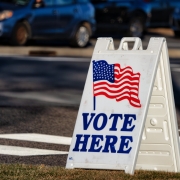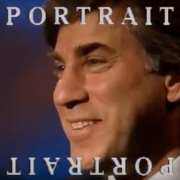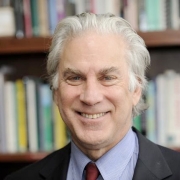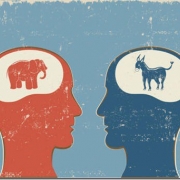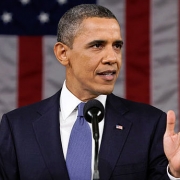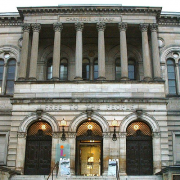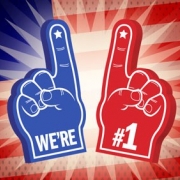About the Blog
As the federal government willfully and consciously ignores the public will and turns its back on the public good, resistance and innovation are bubbling up from below. Sharing information and acting in concert, cities and counties are striving to create a more equitable and sustainable society even as they resist federal, and in many cases, state efforts to turn back the clock to a meaner age.
We need to focus on resolving systemic questions: How to move toward a society in which economic and policy decisions affecting us are made closest to us; How to democratize ownership and production; How to rebuild a sense of community and mutual aid and respect.
We call this future local self-reliance.
Read, think, and talk with us as we report on the issues of scale, ownership and equity.
All feedback is welcome and you can share that with us by emailing David Morris at dmorris@ilsr.org.
About David Morris
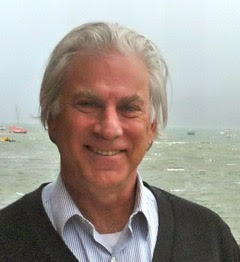
David Morris is co-founder of the Institute for Local Self-Reliance and currently ILSR’s distinguished fellow. His five non-fiction books range from an analysis of Chilean development to the future of electric power to the transformation of cities and neighborhoods. For 14 years he was a regular columnist for the Saint Paul Pioneer Press. His essays have appeared in many print and on-line publications, including the New York Times, Wall Street Journal, Washington Post, Smithsonian Magazine, Salon, Alternet, Common Dreams, and the Huffington Post.
Commentaries
How Cities Are Adapting to the Mobility Revolution (Episode 90)
Jess Del Fiacco
January 23, 2020
Host John Farrell is joined by ILSR Senior Fellow David Morris to talk about how new transportation technologies are changing how cities prioritize public space. READ MORE
Is Britain's Long Love Affair With Privatization Ending in Divorce?
September 14, 2018
The bankruptcy of one of Britain's largest government contractors has spurred a reexamination of its decades-old embrace of privatization. For many the evidence is in. The selling off of public assets and the privatization of public services has READ MORE
Alive from the Archives
Video from the ILSR Archives: David Morris Speaks to TPT's Portrait Series
November 7, 2017
In May of 1991, David Morris was featured in Minnesota Public Television’s (TPT) Portrait series on prominent Minnesotans. During the 25 minute interview David discussed the founding of ILSR, how he came to Minnesota, his work on building a h READ MORE
Why Local Self-Reliance? (Episode 22)
June 15, 2017
David Morris talks with Christopher Mitchell, Director of ILSR’s Community Broadband Networks initiative about why the message of local self-reliance is as relevant today as it was when ILSR opened its doors in 1974. This wide-ranging conversation examines the rising c READ MORE
Breaking Through Partisanship: Left-Right-Local (Episode 14)
March 23, 2017
John Farrell, Director of ILSR’s Energy Democracy Initiative, Stacy Mitchell, Director of Community-Scaled Economies, and David Morris join host Christopher Mitchell to reflect on the role and nature of local policies and politics and the innovative economic structures communities are b READ MORE
Obama’s Two Mistakes That Lost the Country
December 29, 2015
On March 18, 2015, President Obama addressed the Cleveland Club. After his speech a 7th grader asked him, “If you could go back to the first day of your first term what advice would you give yourself?” Better that she wou READ MORE
"The Secret Side of Global Trade" - David Morris, International Forum on Globalization
Rebecca Toews
January 8, 2015
In 1995, David Morris spoke at the Riverside Church about localism and globalism. In his 15-minute speech David maintains that globalization and gigantism and absentee ownership were not inevitable but the result of public policies. We make the READ MORE
All Hail the PUBLIC Library
April 29, 2011
The free lending public library is a uniquely American invention. Neighborhood based, locally financed, open to all, the public library is a treasure that finds itself too often on the periphery of public policy and attention. Given the remarkable READ MORE
The Real American Exceptionalism
April 18, 2011
America’s leaders are right. America is exceptional. But not in the way they assert. History has blessed America with unprecedented advantages, but we have not used them wisely. We are indeed number 1 among nations in m READ MORE




